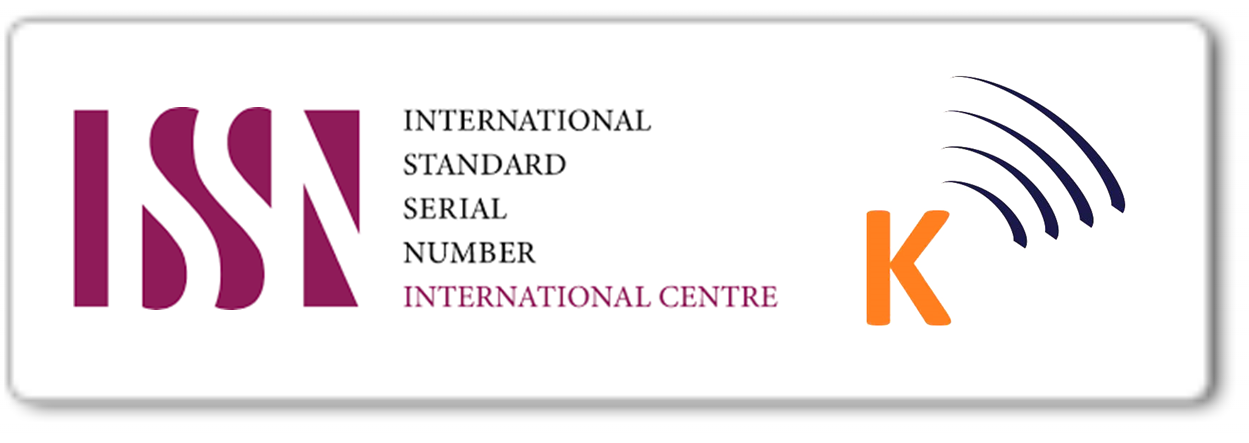METODE BOOK TALK UNTUK MENUMBUHKAN KETERAMPILAN BERPIKIR KRITIS DAN KOMUNIKASI EKSPRESIF VERBAL PADA ANAK USIA 3-4 TAHUN
Keywords: anak usia dini, Book Talk, critical thinking skills, early childhood, keterampilan berpikir kritis, komunikasi ekspresif verbal, verbal expressive communication
Abstract
The 21st century learning trends carry several skills that need to be developed, one of which is critical thinking. The purpose of this study was to analyze the use of the Book Talk method in order to foster critical thinking skills and communicate verbally expressive students aged 3-4 years using Indonesian-themed animal books. This Classroom Action Research was conducted in the Nursery class of Rainbow Victory Plus Bekasi school with the number of research subjects as many as 14 students. Data collection was carried out in 3 cycles held in May 2018. The results of this study showed tha Book Talk method was able to increase critical thinking skills and verbal expressive communication of students. However, it was also found that Book Talk was not suitable for certain types of students.
Pembelajaran abad ke-21 menuntut keterampilan berpikir kritis dan melakukan komunikasi efektif sebagai syarat keberhasilan. Kemampuan ini perlu dilatih dan diajarkan sejak usia dini. Tujuan penelitian ini adalah untuk menganalisis penggunaan metode Book Talk dalam rangka menumbuhkan keterampilan berpikir kritis dan berkomunikasi ekspresif verbal siswa usia 3-4 tahun dengan menggunakan buku cerita berbahasa Indonesia bertema hewan. Penelitian Tindakan Kelas ini dilakukan di kelas Nursery Rainbow sekolah Victory Plus Bekasi dengan jumlah subjek penelitian 14 siswa. Pengambilan data dilakukan dalam 3 siklus yang dilakukan pada Mei 2018. Hasil penelitian ini menunjukan bahwa metode Book Talk dapat meningkatkan keterampilan berpikir kritis dan berkomunikasi ekspresif verbal siswa. Meskipun demikian, ditemukan juga bahwa Book Talk kurang cocok untuk beberapa tipe siswa tertentu.
Downloads
References
Aqib, Z., & Chotibuddin, M. (2018). Teori dan Aplikasi Penelitian Tindakan Kelas. Yogyakarta: Deepbulish.
Berk, L. E. (2006). Child Development. Boston: Pearson.
Chesla, E., & Orr, T. (2010). Reasoning Skills Success In 20 Minutes A Day. New York: Learning Express.
Fisher, R. (2010). Teaching Thinking in the Classroom. London: Bloomsbury.
Harris, B. (2014). Creating A Classroom Culture That Supports The Common Core: Teaching Questioning, Conversation Techniques, And Other Essential Skils. New York: Routledge.
Matulka, D. I. (2008). A Picture Book Primer: Understanding and Using Picture Books. Westport: Libraries Unlimited.
Nurgiyantoro, B. (2005). Sastra Anak: Pemahaman Dunia Anak. Yogyakarta: Gadjah Mada University Press.
Roche, M. (2015). Developing Children’s Critical Thinking through Picturebooks: A Guide for Primary and Early Years Students and Teachers. Oxon: Routledge.
Sutcliffe, R. (2005). Reasons and Supporting Evidence for The Benefits of Practising Dialogue in the Classroom. In J. Giordmaina, R. Sutcliffe, R. Bartels, Z. C. Moura, F. G. Moriyón, I. Rocena, H. Juuso, Dialogue On Dialogue: A Resource Book For The Developing Dialogue Through Philosophical Enquiry Course For Teachers (pp. 26-54). United Kingdom: nk.oulu.fi.
Wasik, B. A., Hindman, A. H., & Snell, E. K. (2016). Book reading and vocabulary development: A systematic review. Early Childhood Research Quarterly 37, 39-57.







